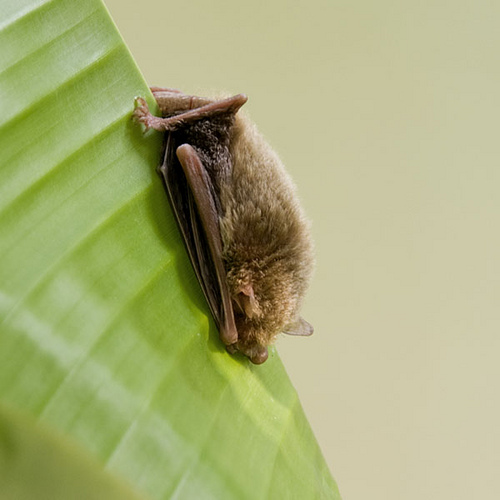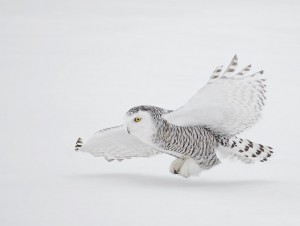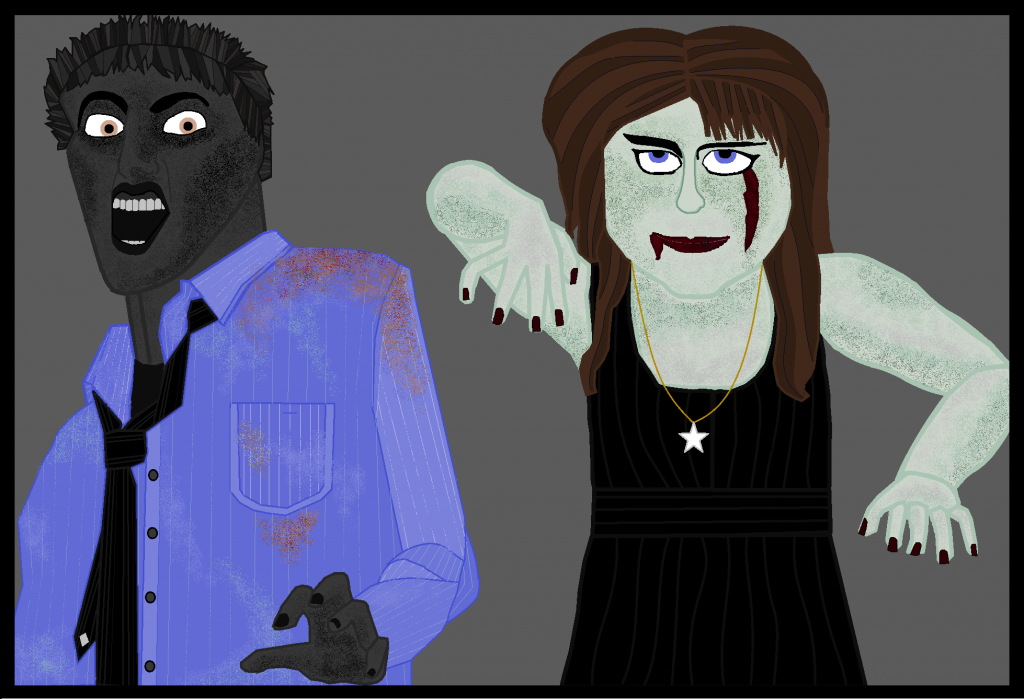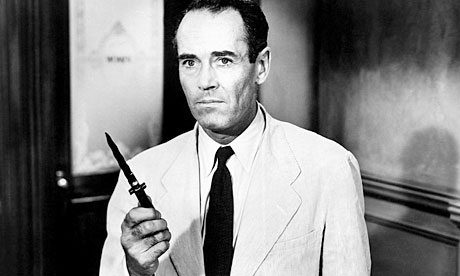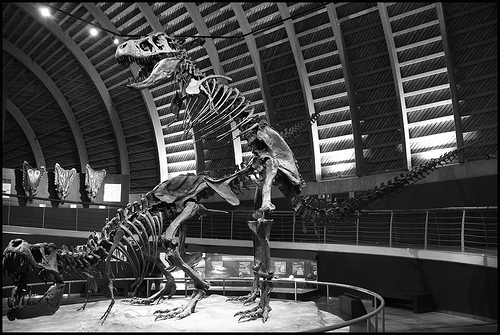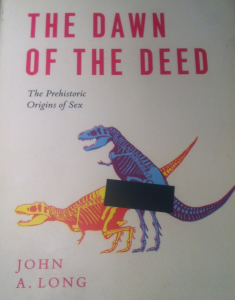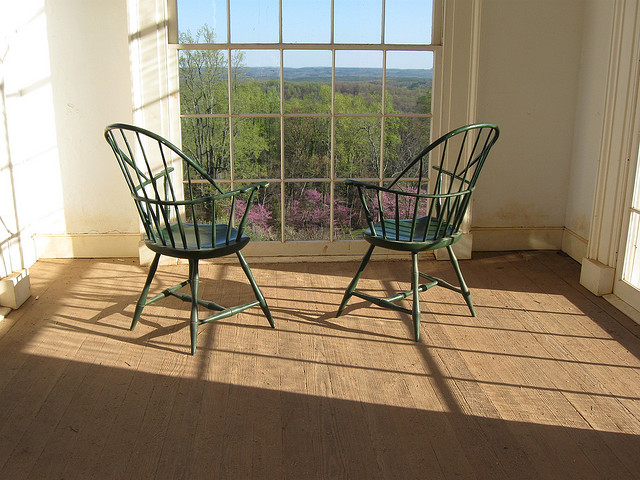So the election’s over, the days are getting shorter, and it’s about time for a nice long nap. May I suggest an 80-foot-long concrete chamber, tucked neatly into a hillside in Tennessee? Clean, cool, and cozy, it’s the perfect winter hideaway … if you’re a bat, that is. Yes, The Nature Conservancy of Tennessee has opened the world’s first artificial cave for hibernating bats. Now they just need some bats to move in.
The cave is intended as a refuge from white-nose syndrome, a fungal disease that’s devastated bat populations in the northeastern U.S. and beyond. Since the first diseased bats were found in an upstate New York cave six years ago, white-nose syndrome is thought to have killed more than 5 million bats from seven species, and it spreads especially quickly when bats gather in caves to hibernate. TNC hopes that some Tennessee bats will spend the coming winter in the new, fungus-free artificial cave. When the bats leave in the spring, the cave can be disinfected and safely used again. Continue reading
